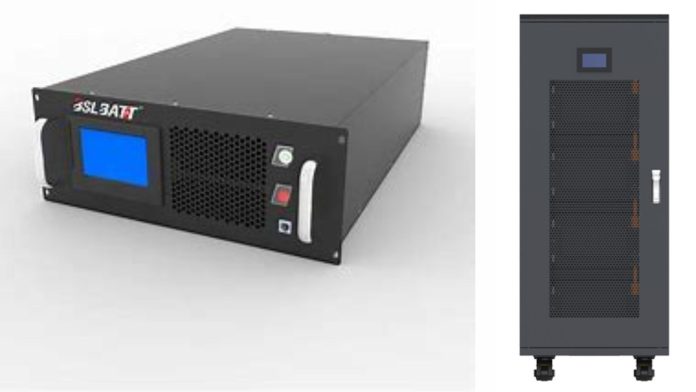High voltage Lithium Iron Phosphate batteries, known as LiFePO4 or LFP batteries, are becoming increasingly popular in various applications. People want every facility in one product that should be more compact, larger capacity, eco-friendly, and much more. And this high-voltage LiFePo4 is completely fills all these requirements. It possesses advanced features like high-quality cathode and anode materials, advanced 3-level BSM, lightweight, etc. That’s why it can be the right choice for any requirement.
In this post, we’ll explore what high-voltage LFP batteries are and some of their advantages over other batteries in the market in detail. If you want to bring ease to your life by buying these batteries, click here.
What is a High Voltage LFP Battery?
A high-voltage LFP battery is a Lithium Iron Phosphate battery with a nominal voltage of 3.3V or higher. Traditional lead acid batteries have a nominal voltage of 2V, meaning that high-voltage LFP batteries can provide twice the power of lead acid batteries.
Advantages of High Voltage LFP Batteries
Higher energy density
High Voltage LiFePo4 batteries are lithium-ion batteries that use LiFePO4 as the cathode material. The main advantages of high-voltage LiFePo4 batteries over other lithium-ion batteries are their higher voltage, higher energy density, and longer cycle life. High-voltage LiFePo4 batteries are typically made with a cathode mixture of LiCoO2 and LiFePO4, with the ratio of these two materials depending on the desired voltage and capacity of the battery. The anode of a high-voltage LiFePo4 battery is usually made from carbon, which provides a large surface area for reaction with the lithium ions. When the battery is charging, lithium ions flow from the anode to the cathode, and the reverse process occurs when the battery is discharging. The use of high voltages in LiFePo4 batteries enables them to store more energy than other types of lithium-ion batteries.
Longer lifespan
High-voltage LFP batteries also have a longer lifespan than SLAs. You have to replace Lead acid batteries every 3-5 years, while high voltage LFP batteries can last up to 10 years. Finally, LiFePo4 batteries have a longer life span as compared to other types of lithium-ion batteries. These qualities make them ideal for applications where the battery will be used regularly over a long period of time, like electric vehicles. High voltage LFP batteries are much more environmentally friendly than lead acid batteries, as they do not contain toxic materials such as lead or sulfuric acid.
More stable and durable
LiFePo4 batteries have several advantages in contrast to other types of lithium-ion batteries. For one, they are much more stable and durable than different types of lithium-ion batteries. This means that they are less likely to catch fire or explode if they are damaged or overheated. Additionally, LiFePo4 batteries can be charged and discharged much more quickly than other types of lithium-ion batteries because of their high voltages.
Conclusion
High voltage LiFePO4 batteries are an increasingly popular choice for various applications due to their many advantages over traditional lead acid batteries. If you’re looking for a powerful and environmentally friendly battery option, high voltage LiFePO4 is the way to go!







